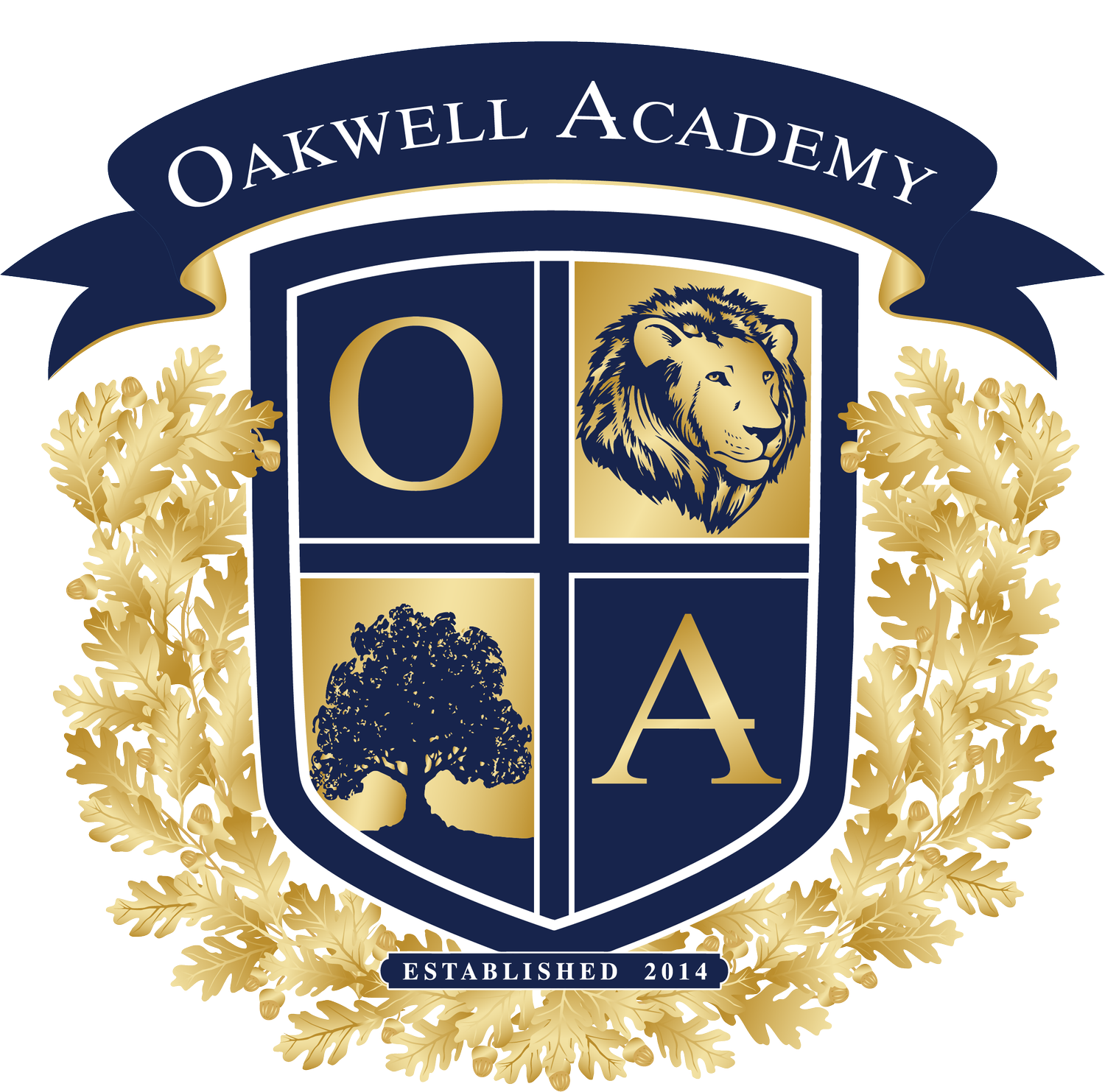Classical Education
The classical method of education is a three-stage approach to instruction with the goal of producing graduates who have mastered the art of learning so that they may skillfully acquire and apply knowledge, reason critically, and articulate persuasively.
Sometimes referred to as the Trivium (Latin for “three roads”), this approach consists of the grammar, logic, and rhetoric stages. Each stage builds upon its predecessor. Basic factual content and rules - the “grammar” - of any given subject must first be mastered; then an understanding of how to apply the facts - the “logic” - must be discerned; and finally, the ability to synthesize the foregoing into an articulate argument - the “rhetoric” - must be developed. The Biblical equivalent to this progression is found in the admonition to pursue knowledge, understanding and wisdom (Proverbs, especially Proverbs 2 and Proverbs 24:3-4).
Classical education organizes learning around the maturing capacity of the child’s mind. The curricular emphasis during the grammar school years is on learning basic facts and figures during the time when children love to memorize (and when they are best at doing so). The subsequent emphasis during the middle school years on logic and analysis trains students to think critically and deeply about subjects, both academic and otherwise. This emphasis corresponds with the middle-school student’s bent toward exploration, questioning, and a desire for deeper understanding. Finally, the emphasis during the high school years shifts toward honing rhetorical skills, including writing. This shift prepares students to write college-level thesis, utilizing their grasp of proper grammar as well their ability to think logically and critically. The structure of the Trivium recognizes that though there is much overlap, an ideal time and place exists for each part of learning: memorization, argumentation, and self-expression.
Beyond being a pattern of learning, classical education leads to an academically rigorous comprehensive education by:
Being language intensive with a demand that students use and understand words, not video images. Language requires the mind to work harder by forcing the brain to translate a symbol (words on the page) into a concept. Images such as those on a video or television allow the mind to be passive.
Being history intensive by providing students with a comprehensive view of human endeavor from the beginning to present. All other subject areas are linked to history studies and are interrelated. For example, the student who is studying ancient history will read Greek and Roman mythology and study the science, art and music of that time period.
Teaching students to recognize the links between fields of knowledge.
Training the mind to analyze and draw conclusions through the interconnectedness of the subject areas and the systematic study of subjects.
Demanding self-discipline by developing virtue in the student through rigorous study. Classical education continually asks a student to work against his baser tendencies or desires in order to reach a goal - mastery of a subject.
“The Trivium applies in nearly every educational sphere because it accounts for the entire range of what education is supposed to do: The learner must acquire information, grasp it intellectually, and use it purposefully. To master any subject is to learn its language. The Trivium integrates the theoretical and the practical, tying together facts, arguments, and real-world applications.” (Source: Classical Education by Gene Veith)
Christian Education
Education is never neutral. It is more than the mere transmission of facts; it involves the communication of life principles and values and, therefore, requires a spiritual context. Because God created, sustains and will consummate all things through His Son, Jesus Christ, we believe that facts, whether mathematical, historical, scientific, or otherwise, can only represent truth if they are taught in the context of a Christian worldview. This belief will permeate our goals and objectives, our teaching methods and our curriculum.
We love Jesus, and everything we do is centered around Him. Even in its inaugural year, Oakwell students have stated, "Wow, I feel so peaceful when I am at Oakwell!" One student, at home and in bed for the night, came down to his mom and dad to say, "I can't sleep because I keep thinking of how much I love Oakwell!" Honestly, a response like this can only be attributed to the presence of God.
You will know a tree by its fruit, and the fruit of Oakwell Academy is healthy. This health comes from the school and our families being centered on Jesus. He is our only source and life.


